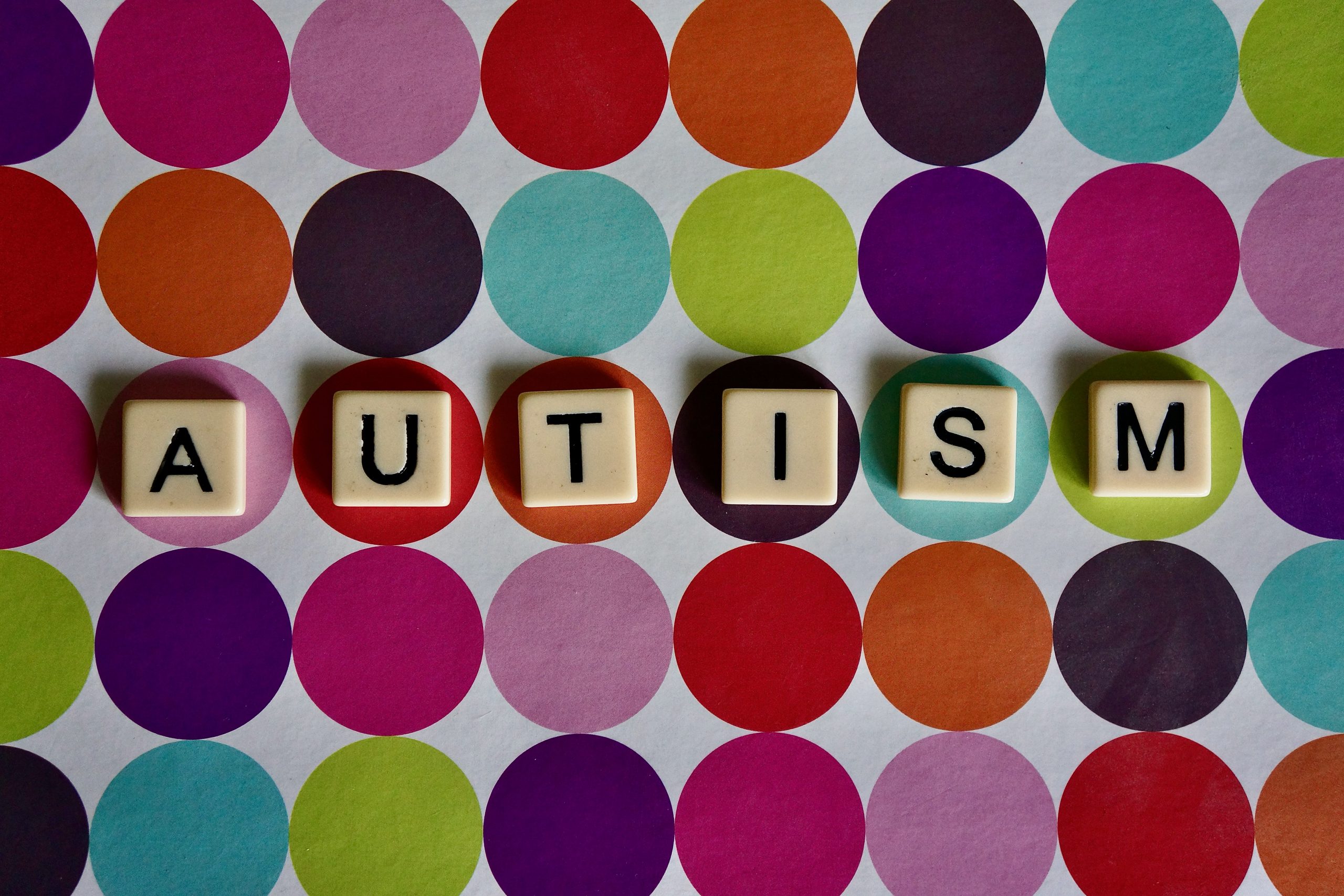
How cannabis can help autism
Autism Spectrum Disorder (ASD) is a developmental and neurological disorder. Autism is a neurodivergence that primarily affects the synapses and connections between brain cells that help with communication, sensory processing, and learning. While it is not uncommon to discover that one is autistic at any age, many discover it between the ages of two and four. And in recent years, more people have been diagnosed with ASD.
In 2021, approximately 1 in 44 children in the United States was diagnosed with autism. Autism increased in the UK between 1998 and 2018. There are also many resources to help autistic individuals such as occupational therapy, pharmaceuticals, and community support organizations like AWN.
Historically, people with autism have been given medications such as anticonvulsants and antipsychotics, important drugs that often have severe side effects. Although not FDA approved, cannabis can significantly help autism.
How Can CBD Help Autism?
Autism manifests itself through a spectrum of neurological differences, and no two autistic people are the same. The most common problems faced by autistic people include depression, anxiety, sensory processing, and social communication.
With the great groundwork in cannabis research for medical use, people with autism are starting to take the CBD route to help. Recent neurological studies have found that autistic people who use CBD experience benefits such as improved sleep, seizures, and communication. Although cannabis is still not FDA approved for medical use, CBD and THC products can help autistic people by calming the nervous system and relieving sensory triggers.
What are the side effects for ASD cannabis users?
The therapeutic benefits of CBD have increased in recent years. For autism, recent data show how CBD use reduces behavioral problems, increases expressive language, and improves cognitive development. However, as with any other drug, the use of CBD or THC for medicinal purposes should not be taken lightly.
Depending on the person, CBD can have negative effects and worsen behavioral symptoms if not taken properly. Heather Manus, a co-founder of the Cannabis Nurses Network, suggests always taking precautions when beginning CBD use for autism. While there may be little to no side effects when using CBD, monitoring dosage is crucial. “CBD has significant therapeutic potential as an intervention in autism and related immune disorders, but I recommend paying special attention to the patient’s detoxification status before beginning CBD supplementation,” says Manus. “This helps prevent a severe die-off reaction and reduces the risk of an adverse event that could discourage use of CBD.”
Why would people with ASD choose CBD over other medications?
As the health and wellness industry continues to grow, so does holistic health and healing. Caregivers and therapists are now working together, exploring new avenues, and have seen improvements in behavior and activity when CBD is part of the ASD care plan. While there is extensive research into the use of CBD for mental and behavioral issues, another thing to consider is that the majority of the research is being conducted on adults, not children. As such, it is not recommended to give CBD to children without speaking to a doctor or healthcare professional.
There are pros and cons for both sides. But ultimately, it’s wise to do your due diligence and study the positive and negative effects. CBD or THC isn’t for everyone, but recent data shows the possibilities as a huge tool to support people with autism.

Post a comment: